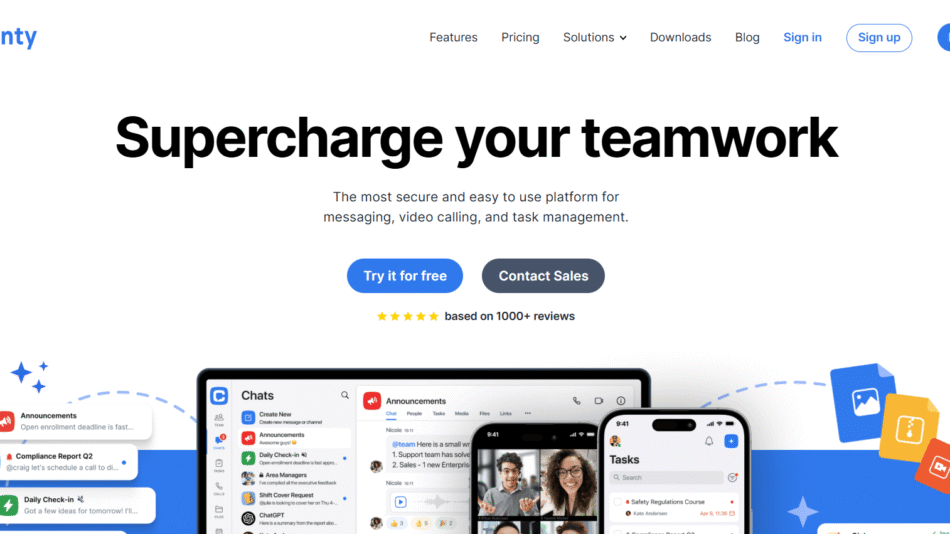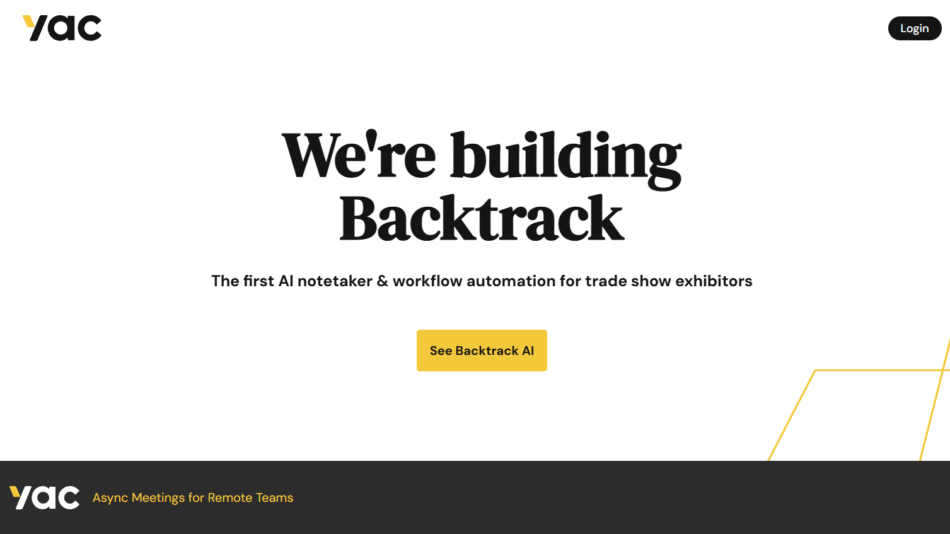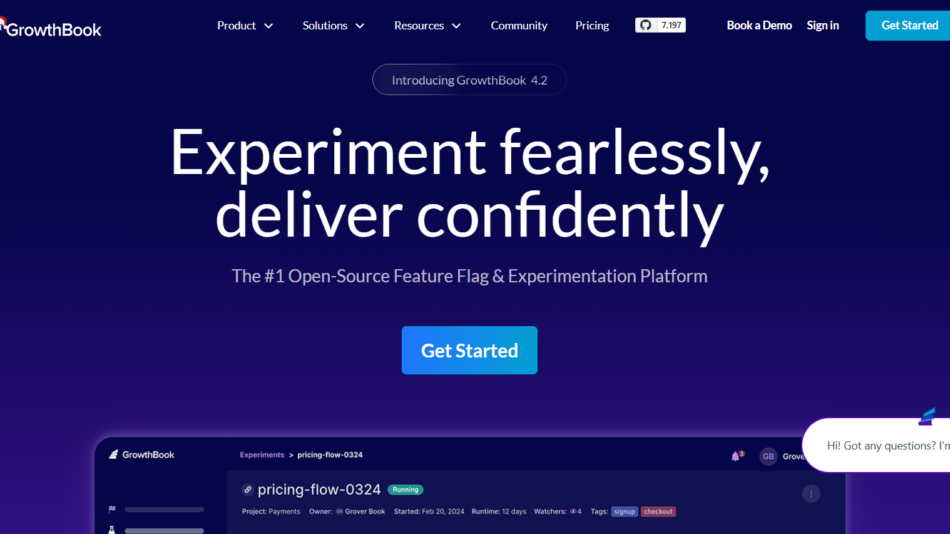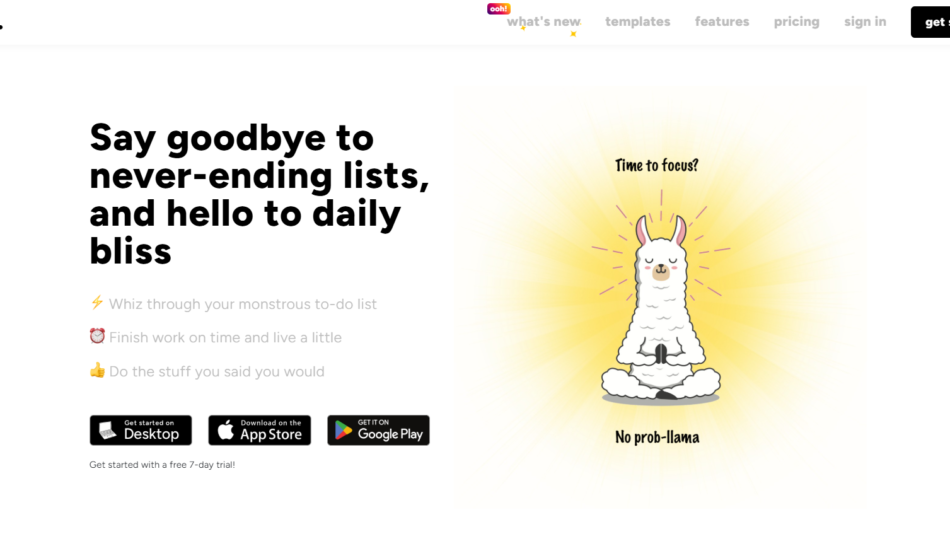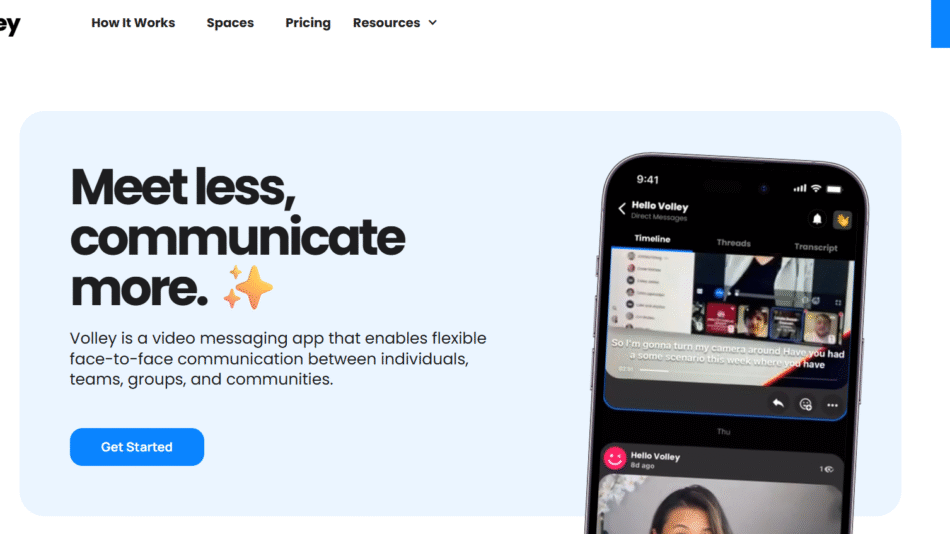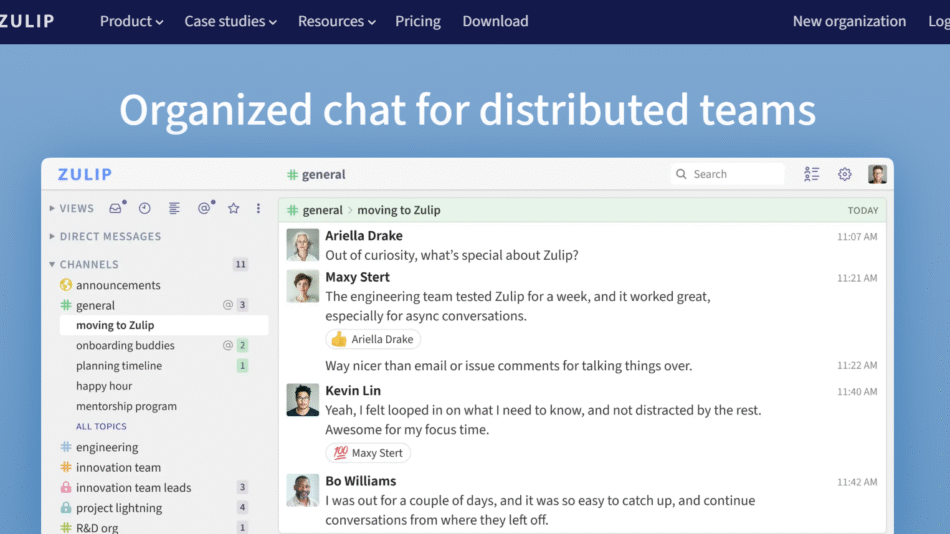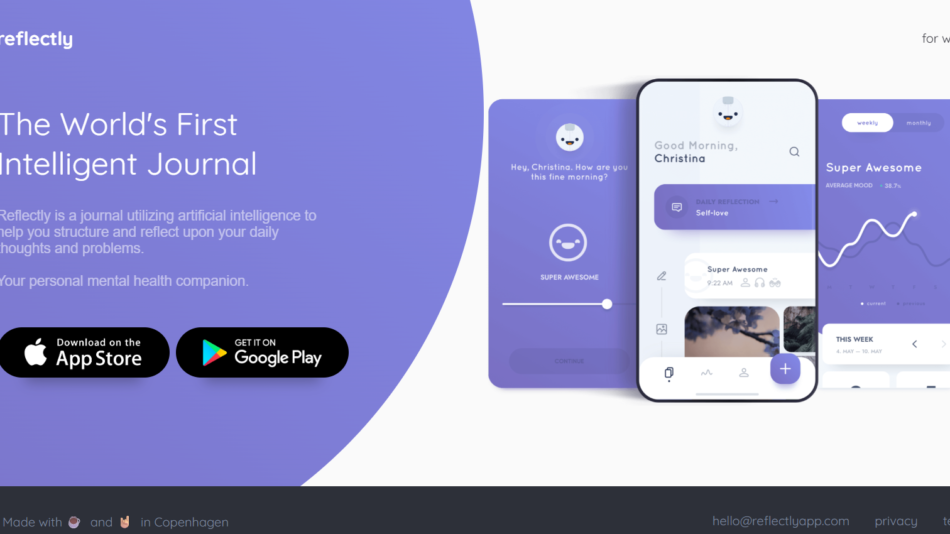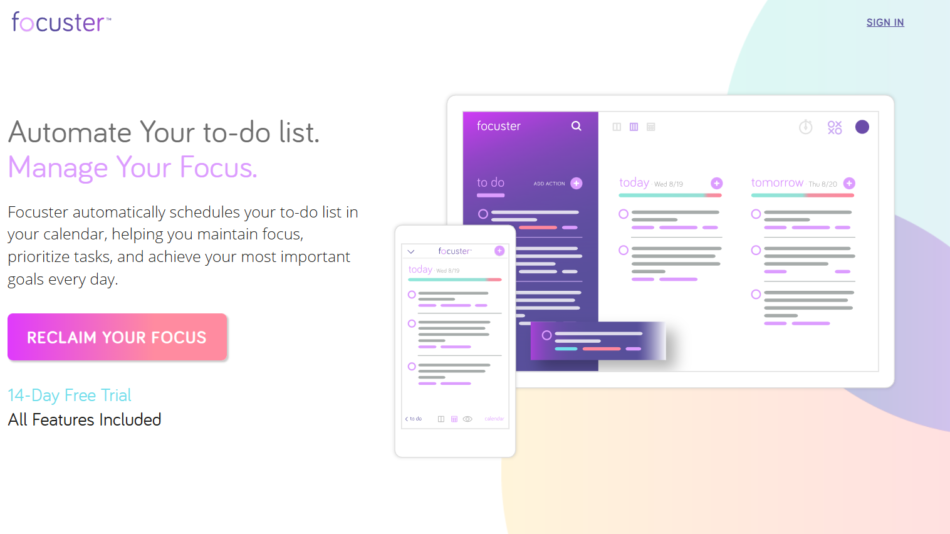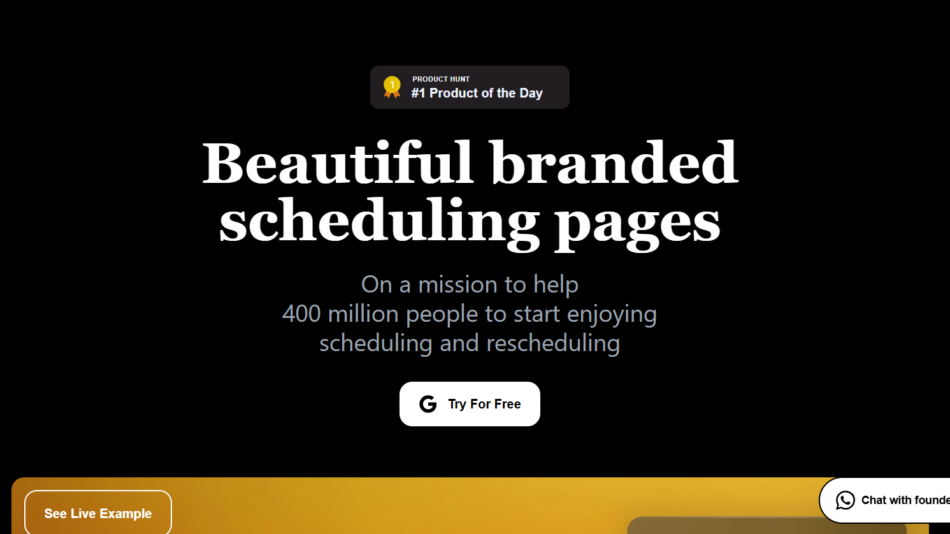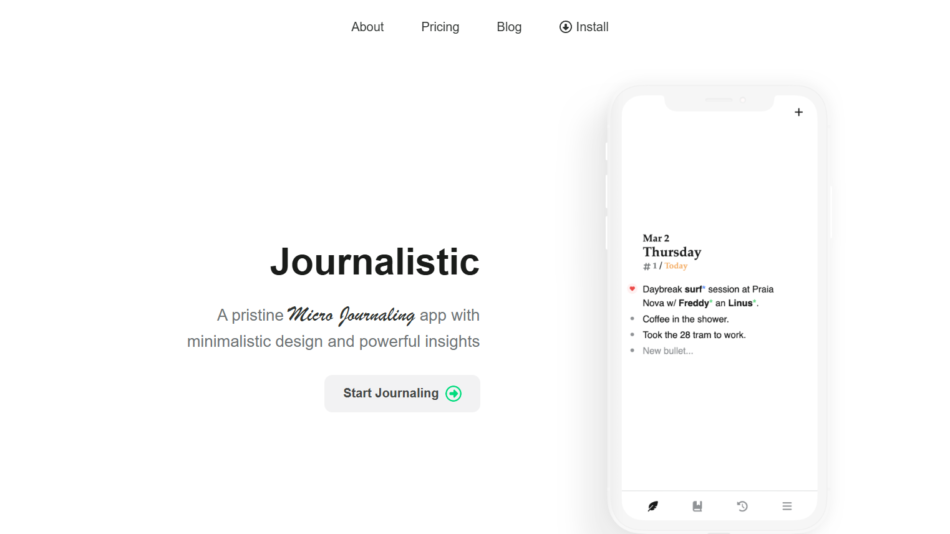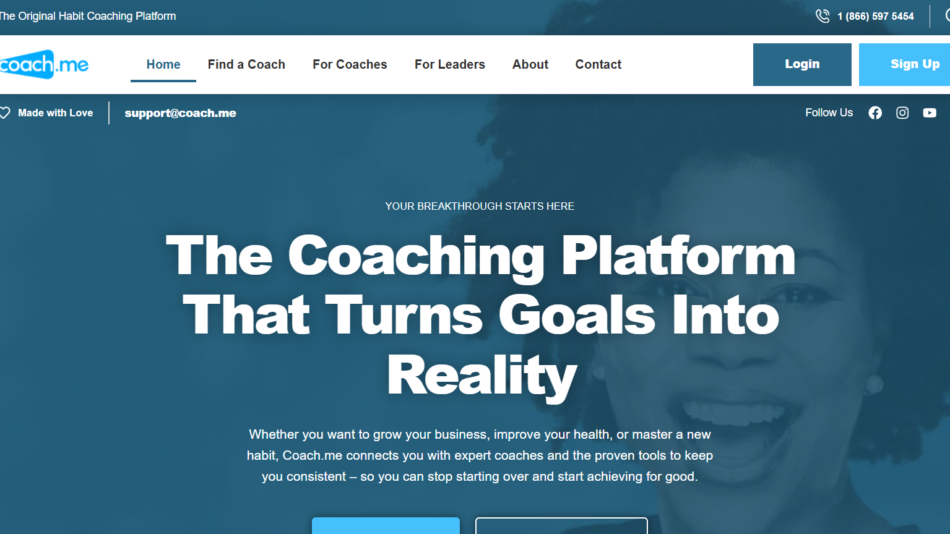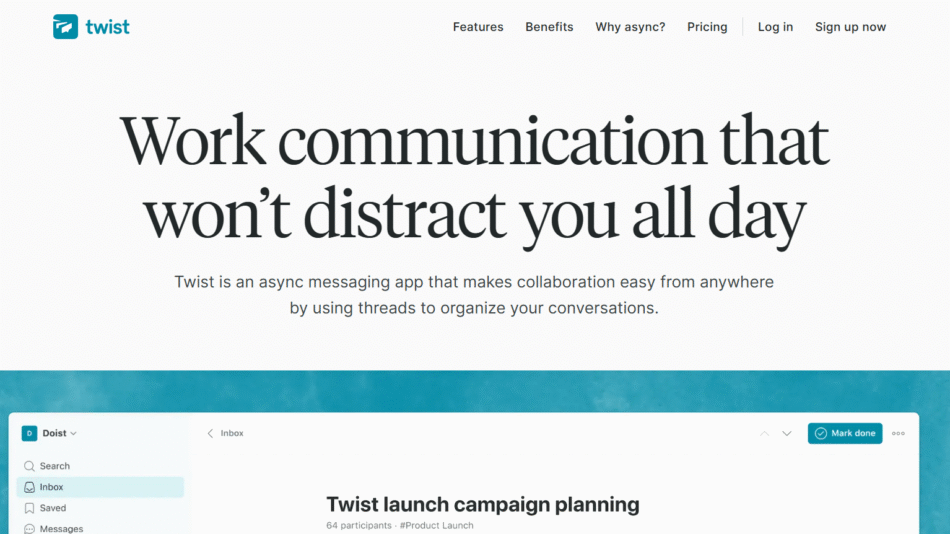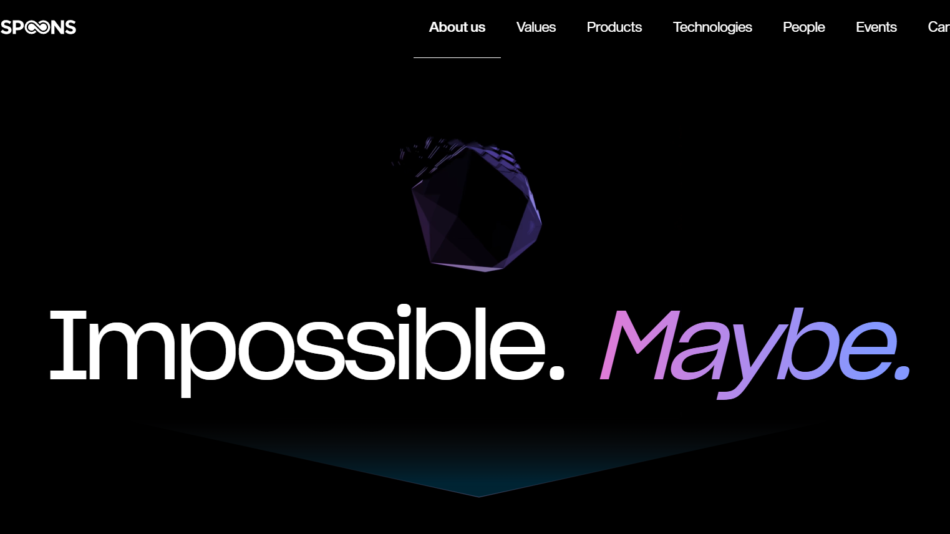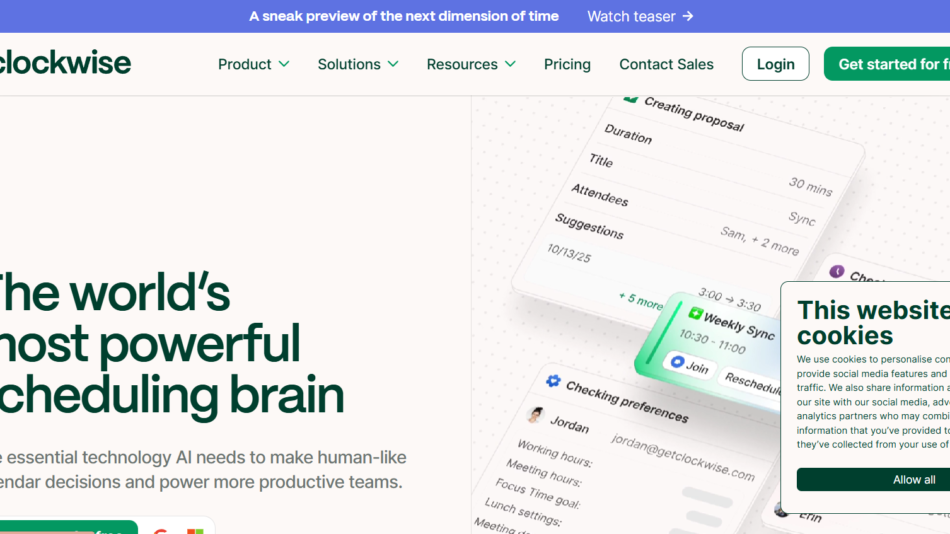Alation is a leading enterprise data intelligence platform designed to help organizations find, understand, trust, and use their data effectively. The platform provides a powerful combination of data cataloging, governance, search, stewardship, and collaboration tools that support data-driven decision-making across the enterprise.
Founded in 2012, Alation pioneered the data catalog category and has since become one of the most widely adopted solutions for managing modern data environments. Its AI-powered catalog helps users quickly discover relevant data assets, understand their usage, and ensure compliance with data governance standards.
Alation is trusted by organizations across finance, healthcare, retail, and technology to improve data literacy, enable self-service analytics, and maintain strong data governance practices.
Features
Alation’s platform is built to serve data teams, business analysts, data stewards, and compliance officers through an integrated suite of features:
Data Catalog
Automatically indexes data across databases, data lakes, and cloud storage, creating a central inventory of all data assets.Search and Discovery
AI-powered search capabilities allow users to find relevant datasets, reports, dashboards, and glossaries easily.Data Governance
Assign roles, responsibilities, and policies to data assets to ensure compliance and regulatory readiness.Stewardship and Collaboration
Enable data stewards to manage metadata, provide guidance, and curate trusted data sources across departments.Business Glossary
Maintain a shared vocabulary of business terms and definitions to align teams and reduce confusion.Active Data Governance
A policy-based approach that combines machine learning and user input to enforce governance while promoting agility.Impact Analysis and Lineage
Visualize data lineage and understand how changes to one asset affect others downstream.Data Quality Insights
Surface data quality metrics and issue alerts to help users evaluate trustworthiness before using a dataset.Open and Extensible Architecture
Integrates with a wide variety of tools such as Snowflake, Databricks, Tableau, Power BI, BigQuery, and AWS.
How It Works
Connect to Data Sources
Alation connects to cloud and on-premise systems using prebuilt connectors. It scans metadata, queries, and usage logs to build a complete picture of your data ecosystem.Index and Catalog Data
The system automatically catalogs tables, views, dashboards, and business glossaries, enriching metadata with usage statistics and user contributions.Enable Search and Collaboration
Users search for data through a Google-like interface. They can view definitions, usage notes, lineage diagrams, and data quality scores before using a dataset.Enforce Governance Policies
Administrators configure policies to control access, ensure compliance, and assign stewardship responsibilities. Alation alerts users when data is sensitive, deprecated, or under review.Support Analytics and Self-Service
Teams can use Alation to locate trustworthy data for analysis, reducing time spent on manual data requests and minimizing errors.
Use Cases
Enterprise Data Cataloging
Create a central hub for all data assets, improving discoverability and reuse across the organization.Data Governance and Compliance
Enforce GDPR, HIPAA, CCPA, and internal data policies through automated governance frameworks.Self-Service Analytics Enablement
Empower business analysts and non-technical users to find and use data confidently.Data Literacy Programs
Foster a culture of data-driven decision-making with standardized definitions and curated knowledge.M&A and System Integration
Understand and organize disparate data systems during mergers and acquisitions.Cloud Migration Support
Catalog and track datasets during migration to cloud environments like Snowflake, AWS, and Azure.
Pricing
Alation does not publish its pricing directly on the website. The platform is offered via a custom pricing model, which varies depending on:
Number of users
Volume of data assets
Required integrations
Feature modules (e.g., governance, glossary, lineage)
Support and deployment options
Organizations can request a personalized demo and pricing proposal by contacting the sales team through the Alation contact page.
Strengths
Comprehensive data cataloging capabilities
AI-enhanced search and metadata enrichment
Robust governance and stewardship workflows
Flexible integration with modern data stacks
Enterprise-grade scalability and security
Strong community of users and partners
Drawbacks
No transparent or tiered pricing available online
Requires IT and data team involvement for initial setup
May be overpowered for small organizations or startups
Some advanced features may require additional licensing
Comparison with Other Tools
Alation competes with other enterprise data catalog platforms like Collibra, Informatica, and Microsoft Purview. While those platforms offer strong governance capabilities, Alation stands out for its user-friendly interface, AI-powered discovery, and active data governance framework that encourages collaboration rather than rigid enforcement.
Its focus on community-driven data stewardship and flexible policy management makes it especially attractive to organizations prioritizing both control and agility in data management.
Customer Reviews and Testimonials
Alation is used by over 450 global enterprises including Pfizer, Cisco, NASDAQ, and Salesforce. According to user testimonials available on the website and third-party sources like G2 and Gartner Peer Insights, customers report high satisfaction with:
Ease of implementation and adoption
Intuitive user interface
Improved data visibility and trust
Enhanced data compliance and audit readiness
Common feedback highlights Alation’s ability to unify data efforts across siloed teams and accelerate time-to-insight by reducing the friction in finding and using reliable data.
Conclusion
As organizations continue to expand their data ecosystems, managing and governing data efficiently becomes critical. Alation offers a comprehensive solution that brings together data cataloging, governance, and collaboration into a single, enterprise-grade platform. Its ability to scale across large organizations, integrate with modern data tools, and promote data literacy makes it a preferred choice for businesses seeking to unlock the full value of their data.

